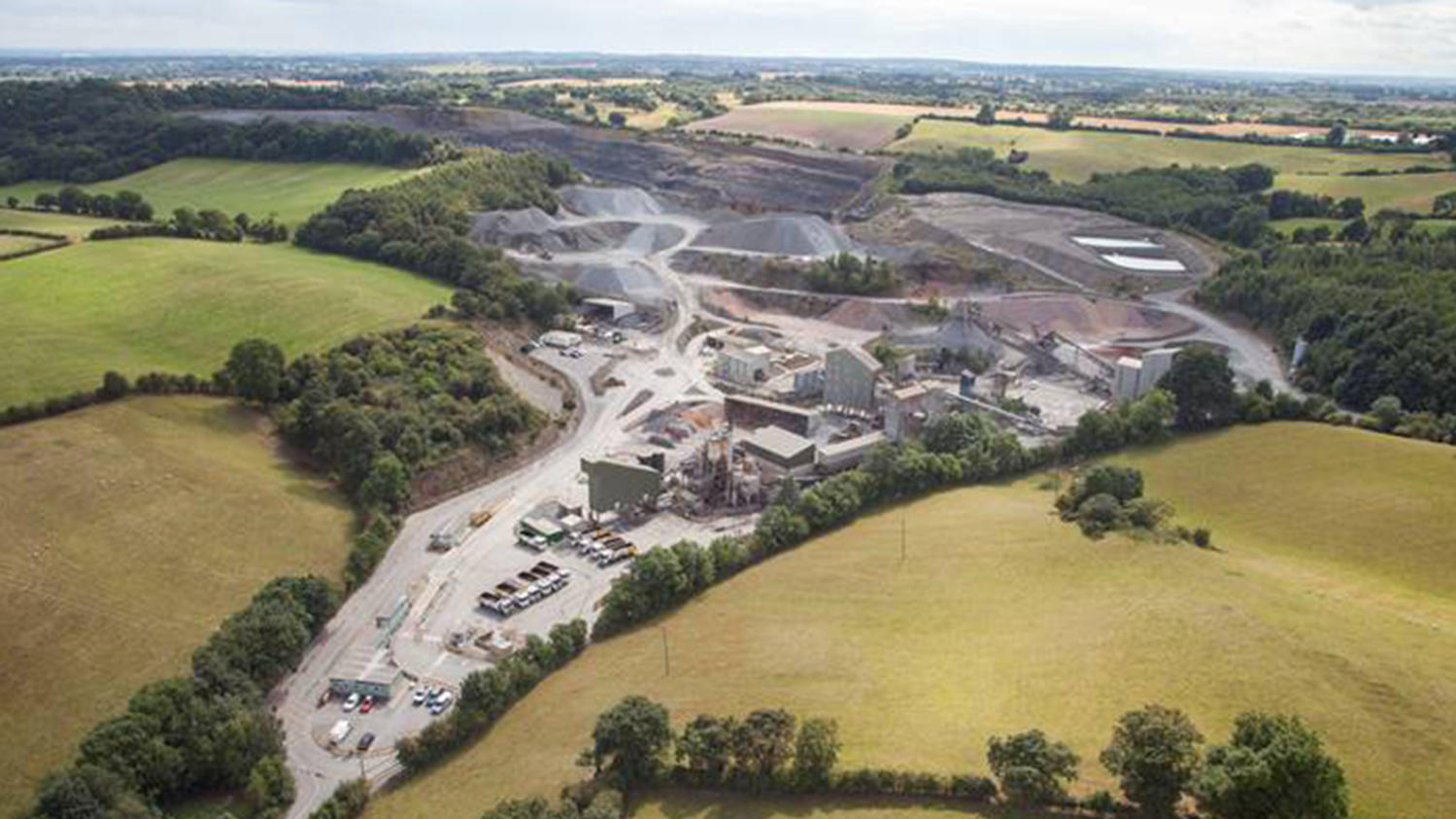Tarmac, CRH company: understanding how natural capital tools can help enhance quarry restoration efforts

Tarmac, a CRH company, has supported the UK Government’s Natural Capital Committee by undertaking an evaluation of their Corporate Natural Capital Accounting Framework. The study aimed to understand how natural capital tools can help enhance quarry restoration efforts. To increase sustainability in nature conservation restoration approaches, we explored opportunities for carbon sequestration, biodiversity enhancement, water management, recreation and landscape amenity. By placing a financial value on natural assets not normally included in conventional financial accounts, the aim was to improve and substantiate the financial performance of the operations.
We recognized that natural capital valuation can support different aspects of our work and beyond. It provides the opportunity to communicate with the local community about full costs and added societal values across the quarry operation and restoration. The business and communities can benefit by aligning post-restoration design with recreational needs and biodiversity benefits. The pilot showed how natural capital valuation can demonstrate responsible site stewardship, strengthen our reputation and enhance community support for our operations.
- No, but aligns with the Protocol’s framework
- Biodiversity & Ecosystem Services
- Climate & Air Emissions
- Land
- Materials & Resources
- Water
- Project
- Monetary
- Value to business
- Value to society
- Law & order
- Skills & knowledge
- Direct operations
- Cement
Key findings
For our Mancetter site, results revealed that the benefits the site will deliver following completion of restoration in 2031 are expected to be significantly greater than values pre-development. For a better understanding of the true value of developing a site, it is key to illustrate and analyze the broader costs and benefits.
Through the assessment, we were able to understand the benefits derived from natural capital, its importance to our business operations and how it can support better decision making. For example, the assessment enabled better communication between operational staff and supporting professions, such as finance. In one instance, the timing for an investment in passive water treatment systems was reviewed. The project also identified operational efficiencies and, most importantly, increased our ability to communicate and consult on our operations’ benefits and associated restoration scheme options to stakeholders, including the local community.
More information
https://www.youtube.com/watch?v=ThxlVFxwrU8
http://www.mineralandwasteplanning.co.uk/natural-capital-theory-practice/article/1382159
https://www.cbd.int/financial/values/uk-corporatenatural.pdf
Martyn Kenny (martyn.kenny@tarmac.com) Sustainability Director, Tarmac – a CRH company
